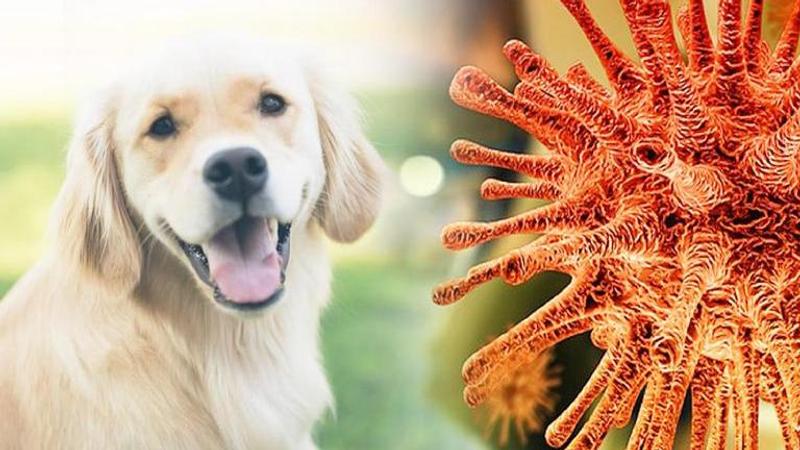Published 14:16 IST, November 6th 2021
COVID-19 Alpha variant detected in pets, can lead to severe myocarditis: Study
A recent study brought to light that pets are also vulnerable to the COVID-19 Alpha variant. Coronavirus in animals, however, remain relatively rare.

Advertisement
A recent study has brought to light that pets are also vulnerable to the Alpha variant of the SARS-CoV-2 virus, also dubbed the UK COVID-19 variant. Recently, three pets, including two cats and a dog, tested positive for the coronavirus variants in PCR test results. The research team clarified that COVID-19 in pets remained "relatively rare," with infections transiting from humans to pets rather than the other way round.
Speaking on the research, lead author from the UK-based Ralph Veterinary Referral Centre, Dr Luca Ferasin said, "Our study reports the first cases of cats and dogs affected by the Alpha COVID-19 variant. We also reported atypical clinical manifestations characterised by severe heart abnormalities, which is a well-recognised complication in people affected by COVID-19, but has never been found in pets before."
Pets showed antibodies a month after signs of cardiac illness
Researchers highlighted that the pets showed antibodies a month after they developed signs of cardiac illness, including severe myocarditis (inflammation of the heart muscle). It was found that the owners of these pets tested positive for COVID-19 and they developed respiratory symptoms several weeks before the animals, too, fell ill.
It is to be noted that the Alpha variant termed B.1.1.7 is one among the several other variants of the deadly Sars-CoV-2 virus. Earlier, in May this year, the World Health Organization termed this variant "Alpha". It was first found in November, last year, in Southeast England, from a sample taken in September 2020.
The Alpha variant is highly contagious. According to the US Centers for Disease Control and Prevention, mammals like cats, ferrets, fruit bats, hamsters, raccoon dogs, and white-tailed deer are at high risk of getting infected with the COVID-19 virus. Moreover, these animals can also spread the virus to other animals of the species in laboratory settings.
(Image: Unsplash/Pixabay/Representative)
14:16 IST, November 6th 2021




